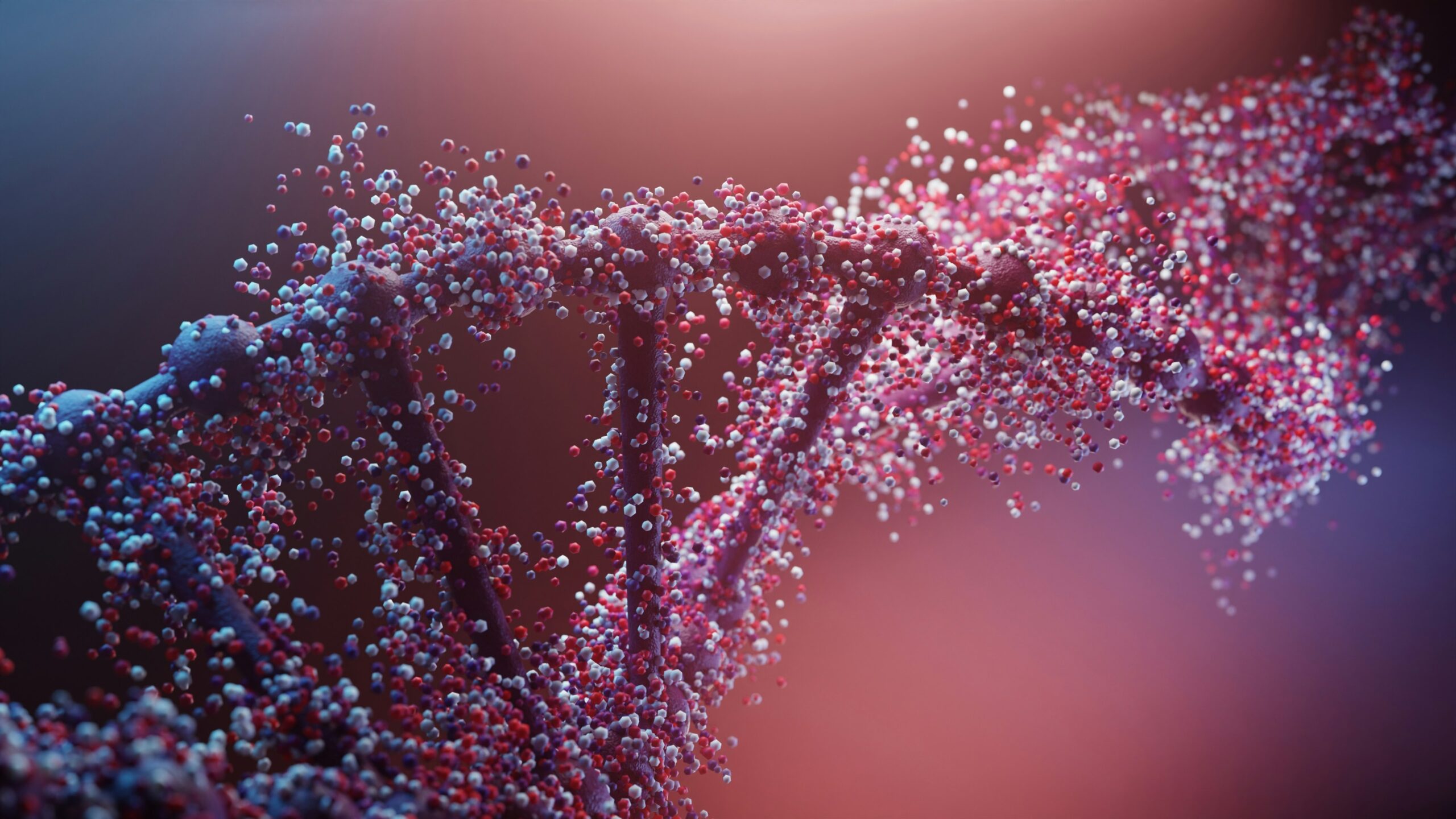Introduction:
For decades, the drug has focused on diagnosing and treating diseases after being made. But what if doctors can reset cells at cellular level so they can see it to prevent diseases? This vision of the future becomes a reality through epigenetic reprogramming, a groundbreaking field that suggests that lifestyle, diet and scientific intervention can rewrite the body’s organic instructions. By changing epigenetic- sets of chemical switches that control gene expression – the prevention of civilization and healthy aging exposes new routes.
Understand epigenetic reprogramming
The science of epigenetics lies in the heart of this innovation. While DNA provides a blueprint for life, epigenetics determine how that blueprint is read and expressed. Factors such as the environment, stress, nutrition and aging can leave marks on our genes, often through processes such as DNA methylation , which can “turn” or “turn” or “off the” genes without changing the underlying genetic code. Over time, these changes can increase the sensitivity of chronic diseases such as cancer, diabetes and heart disease.
The purpose of epigenetic reprogramming is to reverse these changes – mainly reset cells’ biological clock. By restoring young patterns of gene expression, researchers believe that they can prevent the onset of the disease and even turn some age -related conditions.
Tantra: How DNA methylation plays a role
One of the most important equipment in this process is DNA methylation , a chemical modification that affects the active genes. In healthy cells, the methylation pattern is closely regulated. However, with aging or exposure to harmful environments, these patterns can flow, which can cause deficient cell behavior.
By restarting methylation markers, researchers can restore the right gene function. For example, inadequate mutilation has been linked to cancer development, but to correct these patterns potentially prevent the formation of tumors at the source. Similarly, methylation reset in immune cells can strengthen the body’s natural defense system, making it more resistant to infection and chronic inflammation.
From lab to clinic: epigenetic therapy in action
When a theoretical concept now went into medical practice through epigenetic therapy. This innovative treatment uses medicines and interventions designed to modify the epigenetic and restore it in a healthy state.
Cancer treatment is currently one of the most promising applications. Some epigenetic drugs are already used to dampen the genes that provide fuel for tumors or to activate tumor-damnama. In metabolic diseases such as diabetes, remedies are detected to reprogrammed insulin regulation cells. In the future, individual epigenetic therapy may allow doctors to design a person’s unique gene manifestation profile.
Lifestyle and natural epigenetic reproduction
While the laboratory technique promises incredibly, it is not just a high -tender drug that affects our epigenetic. Alternative every day – what we eat, how much exercise we exercise and how we handle stress – also plays an important role in epigenetic reprogramming.
For example, diets rich in antioxidant -filled nutrients can reduce harmful methylation changes, while regular physical activity is shown to promote healthy gene expression in muscles and heart tissue. Even mindfulness and meditation practices can positively affect epigenetic and reduce the risk of diseases related to stress. This means that prevention of the disease through epigenetics is not limited to future medical successes – this is something we can start practicing now.
Reprogramming Cells for Longevity
One of the most exciting opportunities for epigenetic reprogramming is its possible role in increasing human life. The aging is closely associated with the accumulation of incorrect meter station marks and other epic errors. By correcting these errors, researchers believe it may be possible to slow down, stop or upside down.
Recent experiments in mice have shown that partially epigenetic reprogramming can restore tissue function, and the organ can improve health and extend life without harmful side effects. If the success is translated into humans, it can bring revolution in long -term medicine and offer new ways to fight Alzheimer’s, heart disease and other age -related conditions.
Moral and social implications
With any powerful medical technique comes epigenetic innovation with moral questions. If scientific illness can repeat human cells to prevent illness and expand life, will such treatments have access to? Will it create new differences in global health systems? In addition, the long -term effects of changing them have not yet been fully understood.
While the enthusiasm is appropriate, experts take care of more research before being adopted. Regulation, safety testing and global access will be important to shape the future of all effective therapy.
Future for disease prevention
Looking ahead, the promise of epigenetics is very big. Instead of treating the symptoms after the disease develops, doctors can interfere long before detecting defective methylation patterns and resetting them before catching the disease. Preventive health can be regularly formed as an annual check, with individual epic screening that controls diets, exercises and medical intervention with each one.
This future will not only expand human life, but will also improve the quality of life, transfer health services to active prevention from reactive treatment. Combined epigenetic reproduction combined with lifestyle options and epigenetic therapy, can mark the morning in a new era in therapy – one where resetting our cells keeps us healthy for a long time
Conclusion
The concept of epigenetic reprogramming is to multiply our understanding of health, illness and long life. By focusing on DNA methylation and gene expression patterns, researchers highlight ways to reset human biology, returning to the cellular clock to prevent the disease. Through condition -Art -art –epigenetic therapy and attentive lifestyle options, the dream of preventing diseases before emergence is much closer than ever. While challenges remain, one thing is clear: the ability to resume our cells can revolutionize the drug, leading to a healthy and more flexible future.

